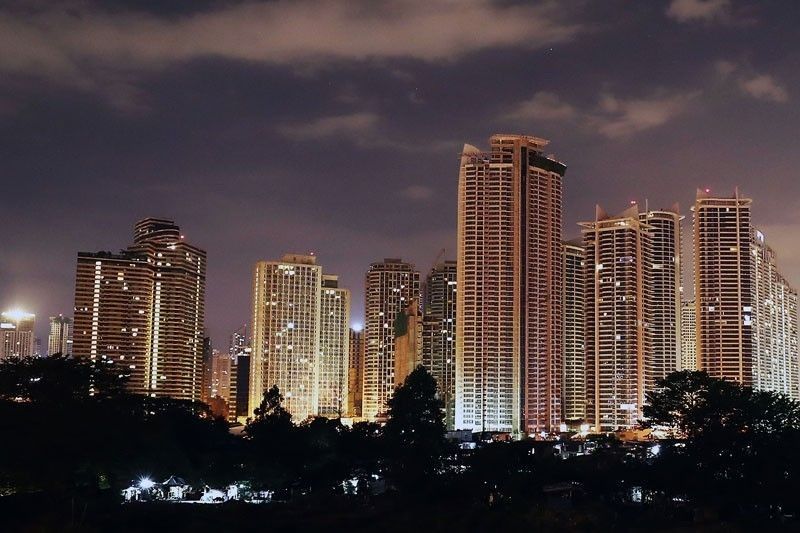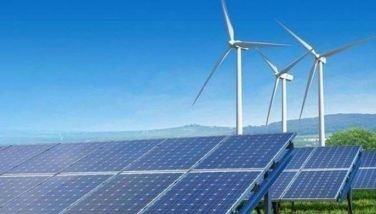Philippines on track with economic recovery

MANILA, Philippines — The Philippine economy remains on track to return to pre-pandemic levels this year despite the Ukraine-Russia conflict, driven by the growth potential of the domestic market, according to Socioeconomic Planning Secretary Karl Chua.
“As of the end of year 2021, I believe we were P100 billion short of reaching pre-pandemic levels. So I still believe that in the first quarter, we will exceed the 2019 level,”Chua said in a media briefing yesterday.
In 2021, the country’s gross domestic product (GDP) grew by 5.6 percent,exceeding the Development Budget Coordination Committee’s target of five to 5.5 percent.
The DBCC earlier said it was looking at a faster GDP growth of seven to nine percent this year.
“I think we are still very much on track with our projected growth target for the year,”Chua said.
Chua cited that there have been some recent positive developments in the domestic economy this year, such as the downgrading of the National Capital Region and other areas to Alert Level 1, which has added around P9.4 billion to the economy per week.
“Hopefully we can shift the entire country to Alert Level 1, that will add another P16 billion per week, and hopefully we can open all face to face schooling, which will add another P12 billion per week,”Chua said.
“So we have a very strong potential to grow on the domestic front,”Chua said.
However, Chua acknowledged that the country is facing global headwinds caused by the impact of the Ukraine-Russia crisis.
“We believe we have a very strong domestic economy that can withstand that,”Chua said, adding that the government believes that the current global tension is temporary in nature.
“It will affect some people and some sectors. And we are ready to support the affected sectors. We also have to think about our strategies and calibrate our policies so that we achieve the highest gain for the people, not only certain groups of certain sectors,”Chua said.
He said the Ukraine-Russia conflict is tightening the supply of some commodities, particularly fuel and oil, which is affecting the country as it fully imports oil.
“So this will affect supply and we have seen the prices go up significantly and our response is to immediatelyprovide targeted subsidies to the two most affected sectors, public transport and agriculture and fisheries. And that we believe will temper any further increase in inflation,”Chua said.
Last week, the Department of Budget and Management (DBM) said it released a total of P3 billion in fuel subsidies and discounts for the transport and agriculture sectors.
Of the amount, P2.5 billion has been earmarked for the Department of Transportation’s fuel subsidy program and P500 million for the Department of Agriculture’s fuel discount program.
Meanwhile, Chua emphasized the need to build on the country’s domestic base, sayig the country is still far from achieving the normal life that Filipinos had in 2019 before the pandemic.
“Most of the country is still not under alert level 1, and the schools have not fully opened. I think only 1,000 plus schools have started face to face learning and we have 60,000 schools,”Chua said.
“So there’s still a lot more that can be done from the domestic side, where we have control to cushion any risks coming from the global side. So that is really the priority,”Chua said.
He said the government would remain open in supporting affected sectors through the targeted subsidies, as long as the prices of fuel remain very elevated.
- Latest
- Trending































